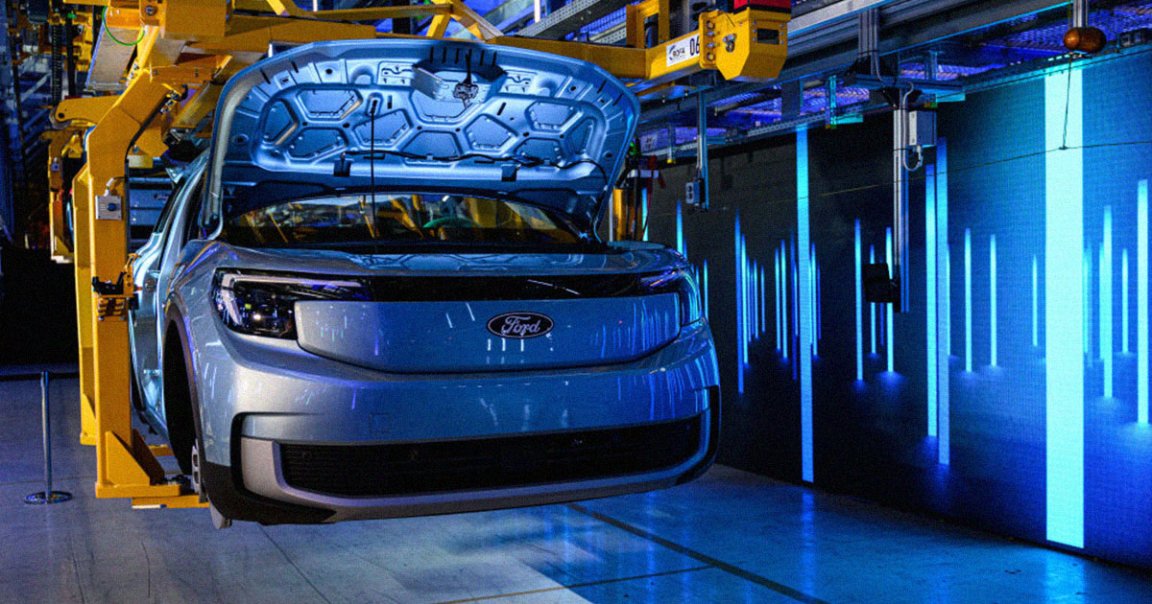
Missing the Target
If electric vehicles are going to be the eco-friendly future of cars, their popularity with buyers right now isn’t quite reflecting that.
Major automakers are being increasingly candid about the technology’s disappointing forecast, Insider reports, and are starting to significantly cut back on their EV investments.
Domestically, one of the biggest automakers to sound the alarm was General Motors. At an earnings call this week, the company said that it’s ditching its target to build 100,000 EVs in the second half of this year, and 400,000 by the first half of 2024. It has not stated new targets, and says that it does not know when it will hit its previous ones.
“As we get further into the transformation to EV, it’s a bit bumpy,” GM CEO Mary Barra said at the earnings call, as quoted by Insider.
Reality Check
GM has other big problems on its plate, however, that could play into its conservative projections, including a month-long strike by factory workers and the huge setbacks of its robotaxi division Cruise, which has paused all its driverless operations.
Still, GM is far from alone in its worries. Mercedez-Benz reported a dip in its third-quarter earnings, blaming price cuts and supply chain issues, though it stressed that it wasn’t shifting its EV targets.
“This is a pretty brutal space,” said Mercedez-Benz CFO Harald Wilhelm, as quoted by Reuters. “I can hardly imagine the current status quo is fully sustainable for everybody.”
Japanese automakers seem to agree. This week, Honda announced that it was abandoning its plans to release a lineup of smaller, sub $30,000 EVs — which would’ve been a much-needed boon to buyers searching for a cheaper vehicle in a pricey market.
“After studying this for a year, we decided that this would be difficult as a business, so at the moment we are ending development of an affordable EV,” Honda CEO Toshihiro Mibe told Bloomberg in an interview.
Chairman of Toyota Motor Akio Toyoda said that with the drop in demand for EVs in the US, the industry is having a reckoning about the technology.
“People are finally seeing reality,” Toyoda said, as quoted by The Wall Street Journal. He went on to suggest that EVs were not the only way of reaching carbon-neutral goals.
Still Ticking
Despite all the gloomy talk, it’s worth noting that EV sales are actually still growing. In the first half of 2023, sales climbed by 51 percent, according to research firm Motor Intelligence. Instead, what’s giving automakers pause is that the pace of that growth has flattened, down from the heady 71 percent climb in the latter half of 2022.
Nonetheless, car prices across the board still haven’t slowed down from their surge during the COVID-19 pandemic, with EVs being particularly expensive. As of July, the average EV in the US sold for over $4,000 more than a gas-powered car.
All told, it’s too soon to sound the death knell on the tech — but it’s worrying that it’s the automakers themselves that are doing the doomsaying.
More on EVs: Sweden Invents Flat Pack Car